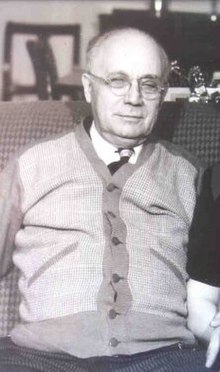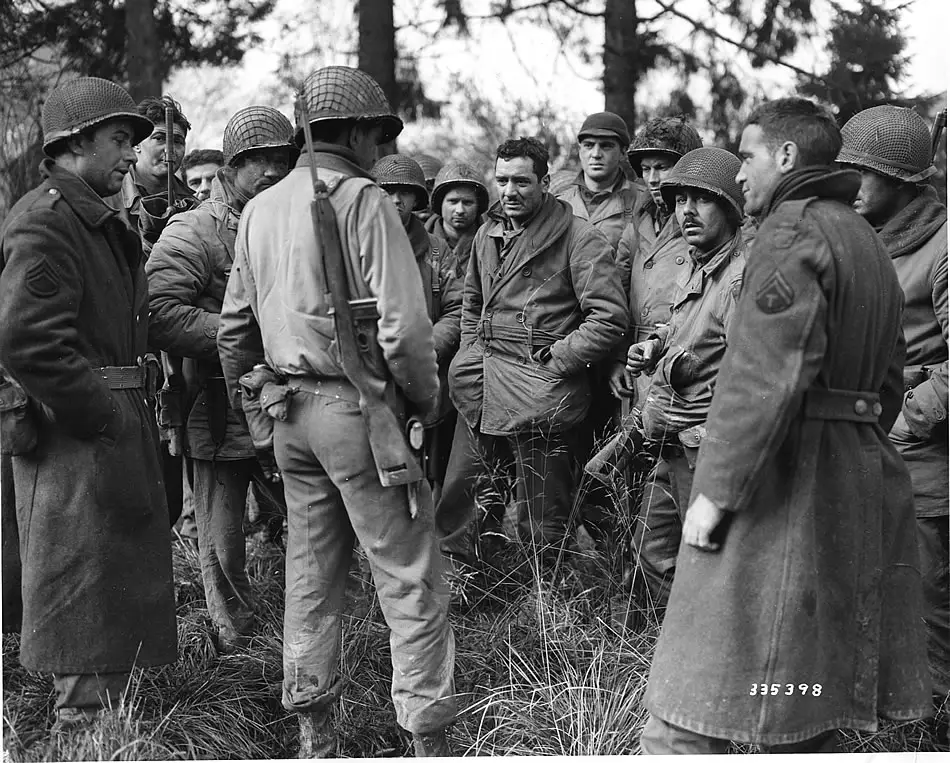
(
A fanciful portrayal of Caesar crossing the Rubicon)
This month marks the 2,066th anniversary of the crossing of the Rubicon River on the night of Jan 10-11, 49 BC, by
Julius Caesar (100-44 BC) and his legions, an epochal historic event that spelled the end of the Roman Republic, triggered eighteen years of civil war across three continents and led to the birth of the Roman Empire (and speaking of epochal, his name became the title of all future Roman emperors as well as living into modern times via titles like Kaiser and Tsar). Tottering for decades, this action brought about the final doom of the Republic.
The Republic had existed since 509 BC, when the last Roman king was overthrown. Governed by the wealthy families who carefully protected their status and jealously kept potential rivals from gaining unlimited power, the Republic existed in a delicate balance for many years. As the territories ruled by Rome grew rapidly in the second century BC, after the end of the Second Punic War against Carthage in 201 BC, the flow of massive wealth and the disruption of Italy's small farmers by the need to man the growing number of legions in campaigns around the Mediterranean led to growing instability, particularly as the century neared its end when the first outright political violence erupted among the ruling class.

(
Rome in 100 BC, from timemaps)
Violence reached an unprecedented crescendo in the 80s, when the general
Sulla stormed the city, and embarked on a bloody proscription of his enemies after being awarded dictatorial powers for six months by the intimidated Roman Senate. The Republic managed to stagger through the next three decades. At the beginning of the decade of the 50s, the great general
Pompey (106-48) with victories in Asia, Africa and Spain to his credit,
Crassus (115-53) the wealthiest man in Rome (and the guy who defeated Spartacus), and the young upstart Caesar, formed the first triumvirate, allowing them control of provinces and legions. Even with that, Roman politics was more complicated than three rivals forming an alliance.
Cato the Younger and the orator
Cicero had their own agendas, as did with prominent senators from every Roman family of long lineage, each of whom thought they deserved to be among the leading men of Rome. The result was a constantly shifting mosaic of alliances.
Caesar was allocated three provinces, Cispadane Gaul, Transpadane Gaul and Illyricum in 58. In those days, Italy's northern border ran roughly along a line through modern Pisa and Florence to a point on the Adriatic Sea south of Ravenna. To the north, in the Po River Valley, was Cispadane Gaul, conquered by Rome in the third century. To the northwest, on the other side of the Maritime Alps in what is now Provence in France, was Transpadane Gaul. Illyricum lay to the east and covered much of the former Yugoslavia.

(
Caesar, this portrayal is consistent with the physical descriptions we have of him)
As proconsul Caesar sought to gain military glory and wealth (he was highly indebted) in order to rise higher in the Roman hierarchy. Initially undecided as to whether Illyricum or Transpadane offered the best opportunity, he eventually decided on the latter. What ensued was nine years of campaigning in which Caesar conquered all of Gaul, from the Rhine to the English Channel (or "Ocean" as it was then called) all the way west to the Atlantic, bringing him glory and making him incredibly wealthy, even making two expeditions to the legendary island of Britain. He emerged with a reputation as a talented commander, inspirational leader and fearless in combat.
By the time Gaul was finally subdued in 50 BC, the political landscape had changed in Rome. Crassus was dead, killed by the Parthians when he undertook and ill-advised invasion of their kingdom in 53. Pompey, increasingly jealous of Caesar's success and with their family bond ended in 55 when Caesar's daughter, who was married to Pompey (reportedly a love, as well as political, match) died in childbirth, began aligning himself with Caesar's enemies in the Senate. As a further note on the tangle of Roman family politics, Caesar's longest running affair, lasting for many years, was with Servilia, the mother of Brutus who would be one of his assassins, and the half-sister of Cato, his implacable foe.
Suspicious of Caesar's ultimate designs and envious of his success, his rivals in Rome persuaded Pompey to oppose Caesar's proposal that he be allowed to return to Rome and eventually stand for election as counsel in 48, while being protected from prosecution in the interim (in the Roman system prosecution for alleged misdeeds while in office was a political tool used to bring rivals to heel and, in some instances, cause the forfeiture of their wealth).

(Pompey)
Complicated negotiations between the various factions continued throughout the year of 50 but always foundered. Then, on January 7, 49, the Senate passed a
senatus consultum ultimum, asking "
the consuls, praetors and tribunes, and all the proconsuls near the city to ensure that the Republic comes to no harm". Though Caesar was not named, it was clear whom the resolution was aimed at. In fear of their lives, the two pro-Caesar tribunes,
Marc Anthony and Cassius, fled the city in disguise.
Caesar with about 3,000 soldiers was in Ravenna just north of the border of Italy. Proconsuls were forbidden to enter the province without first relinquishing their authority and troops. Upon receiving news of the decree, Caesar quickly, and characteristically, decided to act rather than wait on further events. Crossing the Rubicon with his troops, a small river on the provincial boundary which has never been precisely identified by modern historians, he supposedly halted for a moment to utter the words "
The die is cast" (iacta alea est).

(
from mmdtkw)
Unprepared for Caesar's sudden advance, his opponents were thrown into panic and confusion. By the middle of March, Pompey and many senators had left Italy for Greece, there to raise an army, and Caesar controlled Italy and Rome. Over the next four years, Caesar campaigned in Greece, Egypt (where
Cleopatra bore him a son), Syria, Asia Minor, Africa and twice in Spain, finally vanquishing his opposition. Pompey, after losing a battle in Greece, fled to Egypt where he was treacherously murdered while wading ashore by agents of the Ptolemaic pharoah seeking to please Caesar. In fact, Caesar was unaware and appalled at the murder. His plan was to pardon Pompey, as he did with so many of his opponents during the war (also allowing them to keep their wealth), in contrast to Sulla who killed his opposition. He planned clemency for Cato, but his plans were thwarted when his opponent committed suicide at Carthage after Caesar triumphed at the Battle of Thapsus in 46 BC.
Caesar finally returned to Rome in the late summer of 45 BC, only to be assassinated in March 44, an act which plunged Rome into further war, culminating in his nephew
Octavian's (63 BC-14 AD) defeat of Anthony and Cleopatra in 31 and their deaths in 30. Along the way, Cicero became the victim of Anthony's revenge in 43. Octavian became known as Augustus, the first, and longest reigning, of Rome's emperors.

 (A
(A  (Caesar, this portrayal is consistent with the physical descriptions we have of him)
(Caesar, this portrayal is consistent with the physical descriptions we have of him)


 (Otto Frederick Rohwedder)
(Otto Frederick Rohwedder)